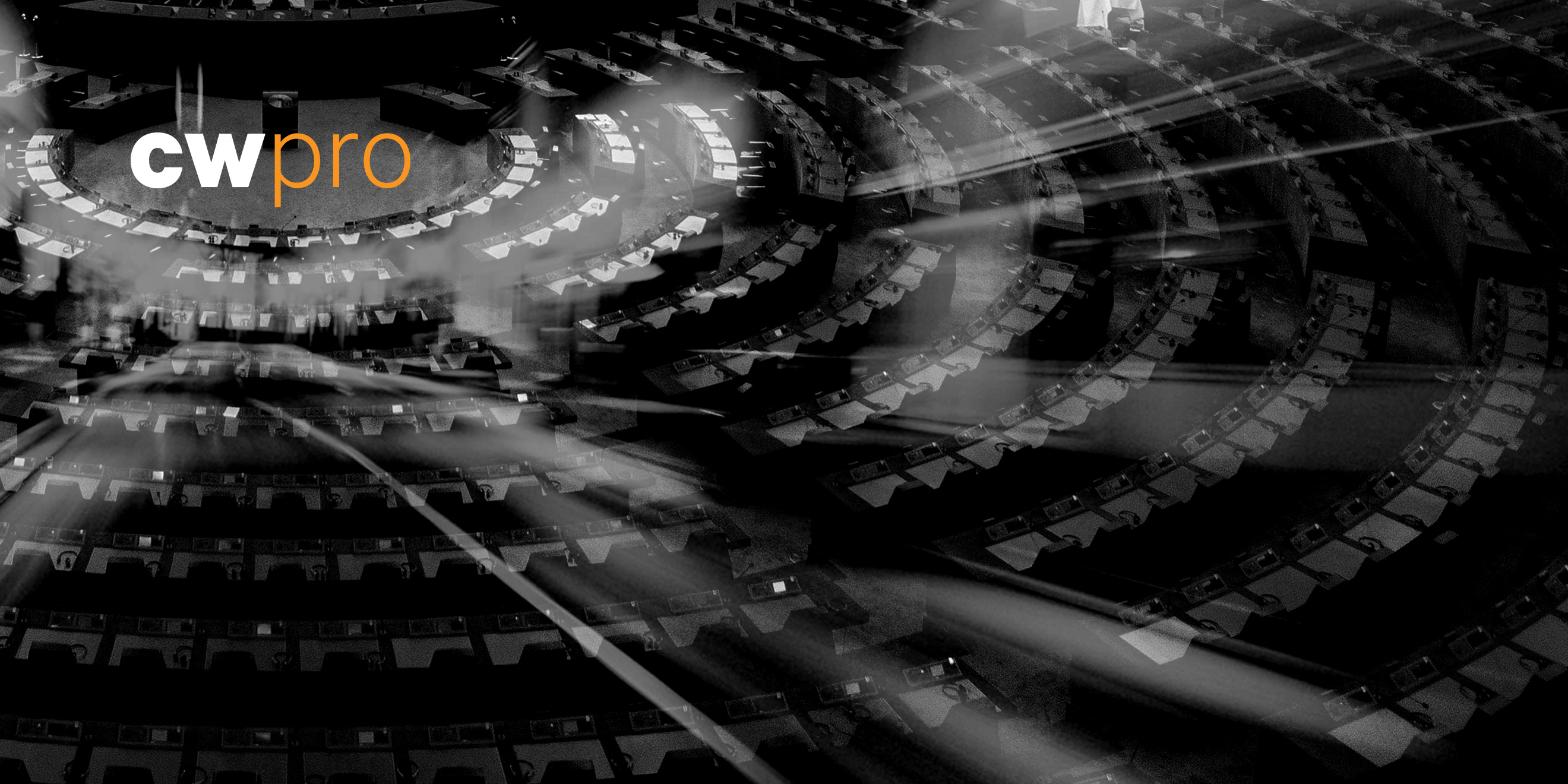At a glance.
- International law in cyberspace.
- 5G and aviation safety.
- UK Home Secretary warns of foreign interference.
- Two US House members interested in cyber to retire.
The challenges of enforcing international law in a digital world.
ORF takes a look at how international law is interpreted in cyberspace. Though most agree that existing rule of law applies in the digital world, there is much room for interpretation, especially when some nations have differing views on what is considered responsible cyber behavior. Discussions at gatherings like UN Group of Governmental Experts (GGE) on Advancing Responsible State Behaviour in Cyberspace and the Open-Ended Working Group (OEWG) show some division, with countries like France, Australia, and the US in support of enforcing existing laws, countries like Iran, China, Russia, and Cuba worry that the implementation of international humanitarian law could result in the militarization of cyberspace. Nations are also divided when it comes to attribution, disagreeing over how responsibility should be determined in digital disputes.
5G: foe of the friendly skies?
With the US launch of 5G wireless just around the corner, the US Federal Aviation Administration is warning that the new technology could interfere with aircraft electronic instruments, Military Aerospace Electronics reports. Amidst these concerns, the FAA asked cell phone carriers to stall the rollout of 5G wireless upgrades, and some international flights to the US have already been canceled. As a temporary concession, the Wall Street Journal explains that AT&T Inc. and Verizon Communications have agreed not to activate certain 5G signals near airports for the next six months. “This agreement will avoid potentially devastating disruptions to passenger travel, cargo operations, and our economic recovery, while allowing more than 90 percent of wireless tower deployment to occur as scheduled,” US President Joe Biden stated. But aviation officials say only time will tell whether the agreement can curtail future disruptions.
UK Home Secretary warns parliament of political interference.
UK Home Secretary Priti Patel is urging British officials to be on high alert about foreign interference in British politics. Addressing Members of Parliament (MPs)in the Commons, Patel stated, “We can expect to see these kinds of alerts become more commonplace as a result of the work of our world class intelligence agencies who have adapted to counter these new and emerging threats." Sky News adds that Patel also spoke of the development of an Elections Bill to prevent such interference and protect against election fraud. LBC explains that her comments come on the heels of revelations that Chinese government spy Christine Ching Kui Lee had infiltrated parliament and made more than £700,000 in donations to MPs.
Two US cybersecurity legislators announce plans to retire.
Two members of the US House of Representatives who did much to further cybersecurity legislation have announced they will not be running for reelection. CyberScoop reports that Jim Langevin of Rhode Island (a Democrat) and John Katko of New York (a Republican) declared within days of each other that they would not be pursuing future terms, a move that cybersecurity experts are viewing as a major loss. Matt Masterson, a former election security official at the Department of Homeland Security’s Cybersecurity and Infrastructure Security and currently a policy fellow with the Stanford Internet Observatory, stated, “You have a Republican and a Democrat, both who recognized the national security implications and the importance of these issues and the complexity of these issues that were willing to work with the other side to begin to help tackle these issues.” Langevin was seen as a pioneer in cybersecurity legislation, as he co-chaired and co-founded the Congressional Cybersecurity Caucus and chaired the House Armed Services Subcommittee on Intelligence, Emerging Threats and Capabilities, and for years pushed for the establishment of a national cyber director in the White House. Mark Montgomery, who worked with Langevin and Katko as the executive director of the Cyberspace Solarium Commission, describes Katko, who has been on the House Homeland Security Committee since 2020, as the only other official who came close to Langevin in his passion for cybersecurity. Montgomery predicts that in their remaining time Langevin and Katko will focus on mandatory cyber incident reporting legislation and securing government aid for highly critical infrastructure.
